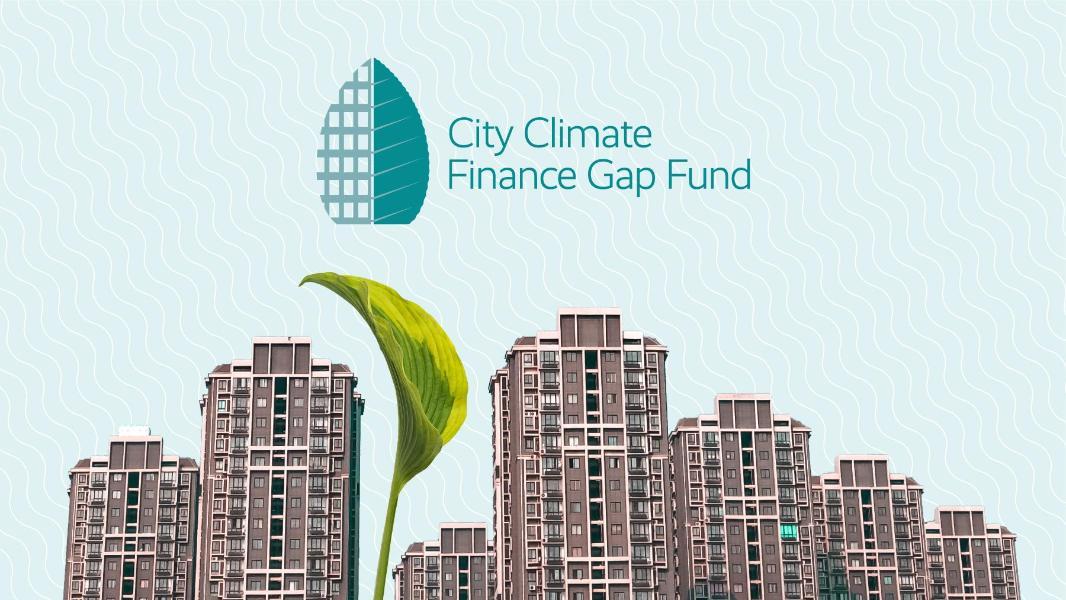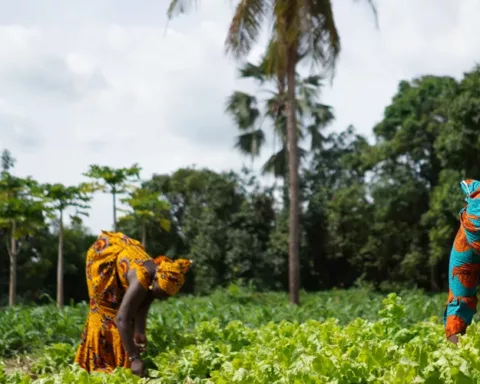2020 has cast in sharp relief three overlapping global crises. A pandemic devastates lives and health systems. A weakening global economy threatens to push 175 million people into poverty and 73 million more into extreme poverty. All the while, climate change stretches the limits of our ecosystems, economies, and communities.
Cities bear the brunt of all three. Major population centers are disproportionately vulnerable to climate shocks, such as floods, storm surges, and other extreme weather events. They’re home to more COVID-19 cases than anywhere else. Businesses are shutting and urban livelihoods are at risk.
But it would be wrong to think of cities as helpless victims of these crises. In fact, they are a big part of how we solve them. Over half the globe lives in cities, generating 80% of its total economic output. With an outsized share of the population and economy, cities are where our sustainable future can and must be won.
Today the World Bank and the European Investment Bank joined development partners to begin operation of a bold new fund supporting green, inclusive, resilient, and competitive cities in developing countries. Through donor support, technical assistance, and targeted finance, the City Climate Finance Gap Fund aims to unlock an estimated $4 billion to transform urban climate aspirations into finance-ready projects.
Path to climate-smart development
We’re working to meet this target in four ways:
- Address sprawling urban growth by providing city planners with tailor-made tools to enhance low-carbon, resilient planning and finance systems, while supporting a green economic recovery from the pandemic
- Help city leaders build a high-quality pipeline of climate-smart, resilient urban infrastructure investments, with a focus on the early stages of project identification and preparation, which are challenging and often underfunded
- Facilitate the connection between cities and prospective financing partners, including multilateral development banks such as the World Bank and the European Investment Bank, as well as other financiers, including domestic and international development finance institutions and the private sector
- Foster international collaboration and partnerships with organizations such as the Global Covenant of Mayors, city networks and the Cities Climate Finance Leadership Alliance to enable sharing of knowledge and expertise with key partners, including cities and financial institutions, drawing on their comparative strengths.
Taking these steps, the Gap Fund will convene a broad range of stakeholders to scale up support for cities in identifying, preparing, and financing low-carbon, resilient urban infrastructure. Such infrastructure could range from green buildings and sustainable cooling to resilient urban water systems and climate-smart transport. These investments will help shift the trajectory toward climate-smart development and lay the groundwork for a sustainable recovery from COVID-19.
Commitments to climate-smart development
We hope the Gap Fund will demonstrate that a coordinated, holistic approach is the way forward for cities and the planet. Much like the urban settings it serves, the Gap Fund will bring together people, stakeholders and institutions in an inclusive, dynamic environment where challenges can be overcome through collaboration. Together, we are committed to creating healthy, low-carbon, inclusive, resilient cities and communities for all.
A new path is paved today, but it’s not one we can walk alone. We welcome the participation of city leaders, governments, and partners across sectors who believe, as we do, that there is no sustainable future without sustainable cities—and that there’s no time like the present to act.
The Gap Fund is open for business.
Sameh Wahba is global director for the World Bank’s Urban, Disaster Risk Management, Resilience and Land Global Practice. Christopher Hurst is director-general of the Projects Directorate at the European Investment Bank.
This post was first published on the World Bank blog as part of a series on smart urbanisation.






